News Desk
The News Desk provides timely and factual coverage of national and international events, with an emphasis on accuracy and clarity.
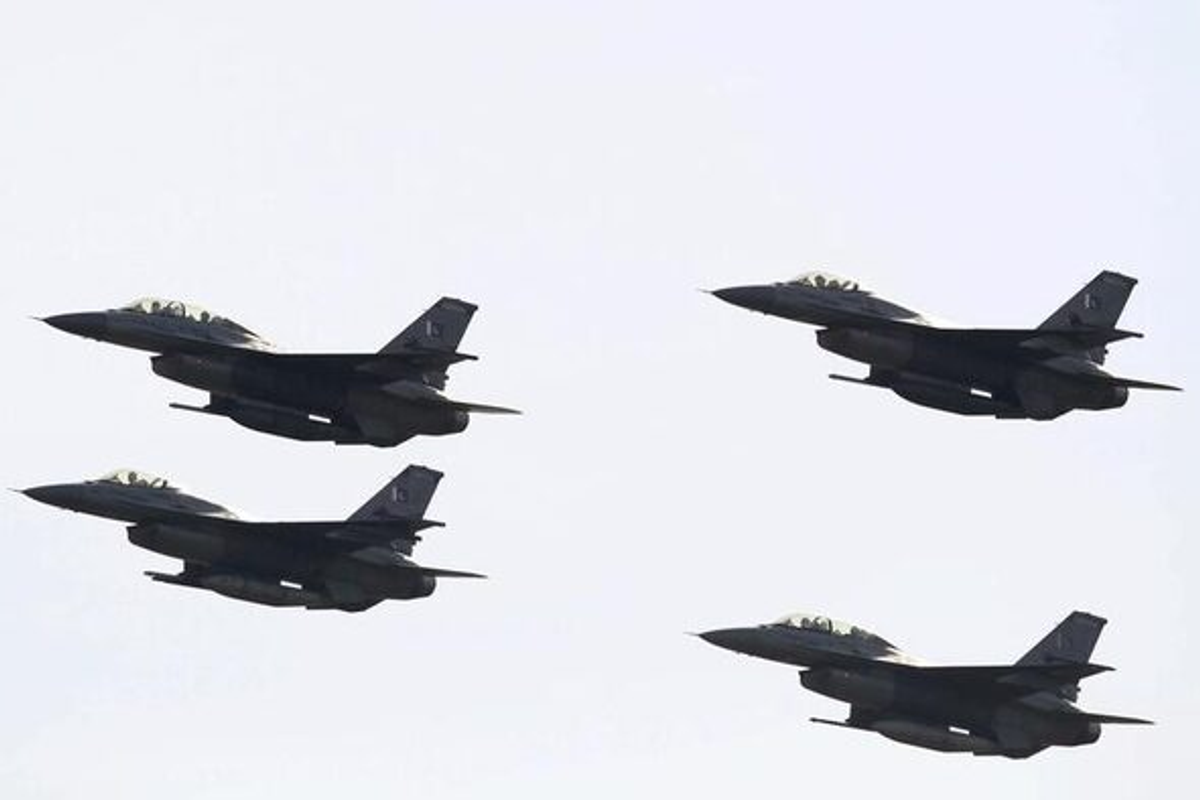
Pakistani F-16 fighter jets fly past during the Pakistan Day military parade in Islamabad, Pakistan, March 23, 2016.
Reuters
Pakistani fighter jets intercepted Indian Rafale warplanes on Wednesday near the Line of Control (LoC), the de facto border between the two countries, forcing them to retreat, as fears of conflict between the two nuclear-armed nations intensify.
According to security sources quoted by the state-run Associated Press of Pakistan, four Indian Rafale jets were detected patrolling within Indian-administered Kashmir around midnight. The Pakistan Air Force (PAF) scrambled jets in response, prompting the Indian aircraft to withdraw.
"The Indian jets became flustered and retreated owing to the timely and prompt action by the PAF," the sources said.
Islamabad issues warning
Later in the day, Pakistan's Information Minister Attaullah Tarar issued a sharp warning to New Delhi, saying Islamabad had received “credible intelligence” that India was planning a cross-border strike within the next 24 to 36 hours.
He accused India of using a recent deadly terrorist attack in Kashmir as a false pretext for potential military action.
“Any act of aggression will be met with a decisive response,” Tarar said Wednesday morning. “India will be fully responsible for any serious consequences in the region!”
International calls for calm
Meanwhile, the United States and the United Nations have both stepped in diplomatically, urging restraint.
U.S. Secretary of State Marco Rubio is expected to speak with officials in Islamabad and New Delhi to “prevent further escalation,” a State Department spokesperson said.
“We are reaching out to both parties and telling, of course, them to not escalate the situation,” spokeswoman Tammy Bruce told reporters.
UN Secretary-General Antonio Guterres has offered to mediate and spoke separately with Pakistani Prime Minister Shehbaz Sharif and Indian Foreign Minister Subrahmanyam Jaishankar.
Following their call, Shehbaz said Pakistan would “defend its sovereignty and territorial integrity with full force in case of any misadventure by India” and urged Guterres to “counsel India to exercise restraint.”
Tourist attack
The April 22 attack in Pahalgam, a tourist town in Indian-administered Kashmir, left 26 civilians dead — the deadliest in years. India has blamed Pakistan for supporting the attackers, a claim Islamabad strongly denies.
Tensions are already high along the Line of Control (LoC), where India’s army said it had exchanged gunfire with Pakistani troops for a sixth consecutive night. Pakistan has not confirmed the clashes, though state radio reported that it had shot down an Indian drone in what it called a violation of its airspace. No date or further details were provided, and India has not commented on the alleged drone incident.
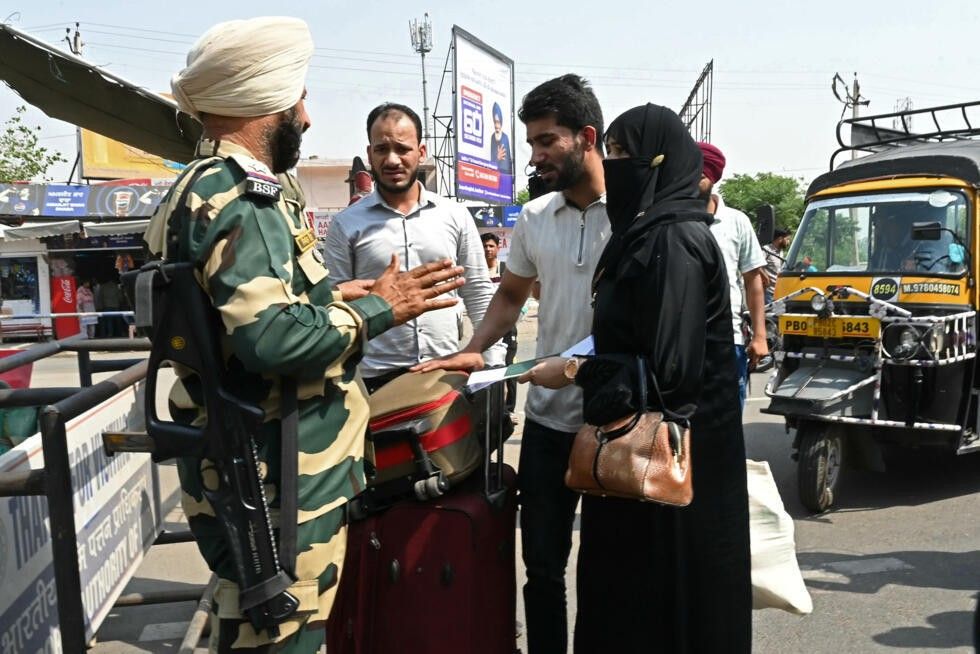
On Tuesday, Indian Prime Minister Narendra Modi held a closed-door meeting with army and security chiefs, granting them "complete operational freedom" to respond, according to a senior government source.
Mounting tensions
Tensions have been rapidly mounting in the week since the Pahalgam attack, with tit-for-tat diplomatic barbs, expulsion of citizens and land border crossings shut.
Indian police have issued wanted posters for three men accused of carrying out the Kashmir attack -- two Pakistanis and an Indian -- who they say are members of the Pakistan-based Lashkar-e-Taiba group, a UN-designated terrorist organization.
They have announced a two million rupee ($23,500) bounty for information leading to each man's arrest and carried out sweeping detentions seeking anyone suspected of links to the alleged killers.
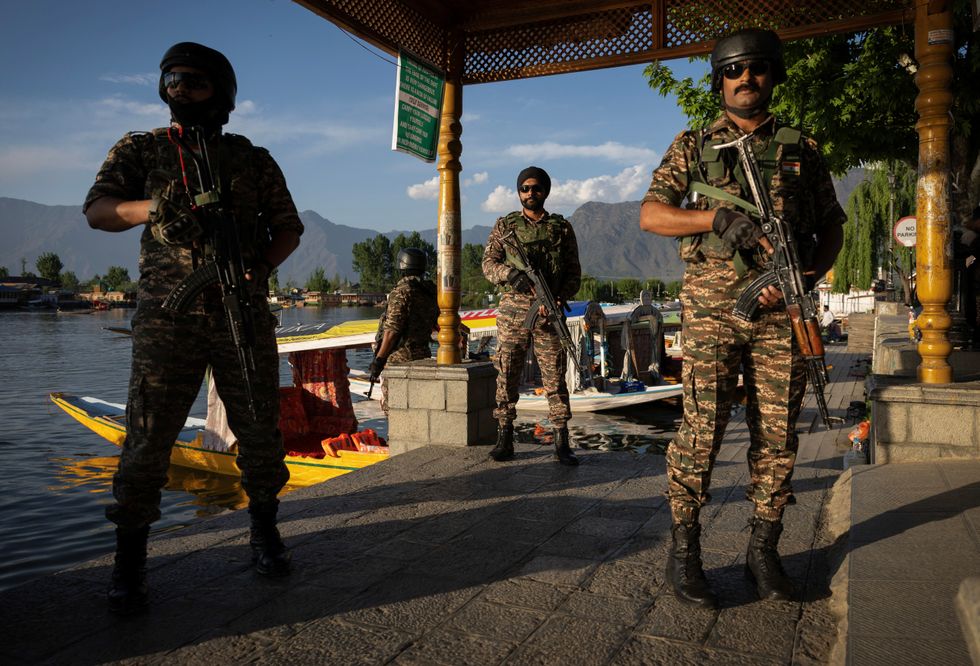
The worst attack in recent years in Indian-run Kashmir was at Pulwama in 2019, when a suicide bomber rammed a car packed with explosives into a security forces convoy, killing 40 and wounding 35.
Indian fighter jets carried out air strikes on Pakistani territory 12 days later.
Iran has already offered to mediate and Saudi Arabia has said Riyadh was trying to "prevent an escalation".
Disputed region
Kashmir, a Muslim-majority Himalayan region, is held by India and Pakistan in parts and claimed by both in full. A small sliver of Kashmir is also held by China.
Since they were partitioned in 1947, the two countries have fought three wars – in 1948, 1965, and 1971 – two of them over Kashmir.
Also, in the Siachen glacier in northern Kashmir, Indian and Pakistani troops have fought intermittently since 1984. A cease-fire came into effect in 2003.
In August 2019, India scrapped the long-standing semi-autonomous status of the disputed valley, a controversial move that prompted Islamabad to downgrade its diplomatic mission and halt trade with New Delhi.
Some Kashmiri groups in Jammu and Kashmir have been fighting for independence.
Thousands of people have been killed in the conflict in the region since 1989.
*With input from Reuters






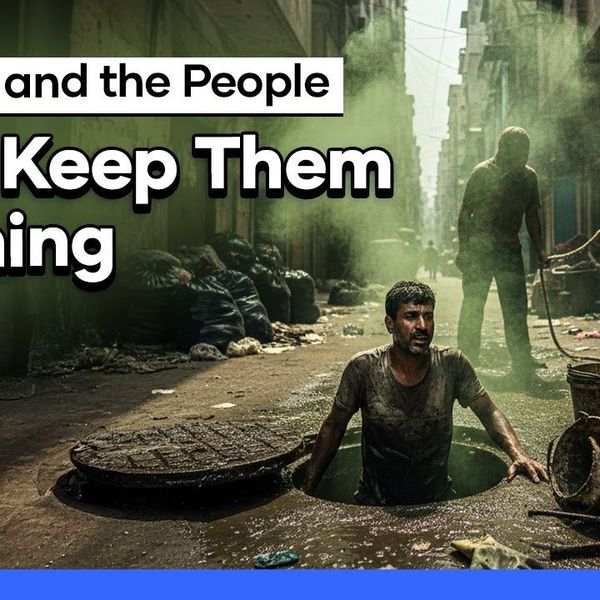

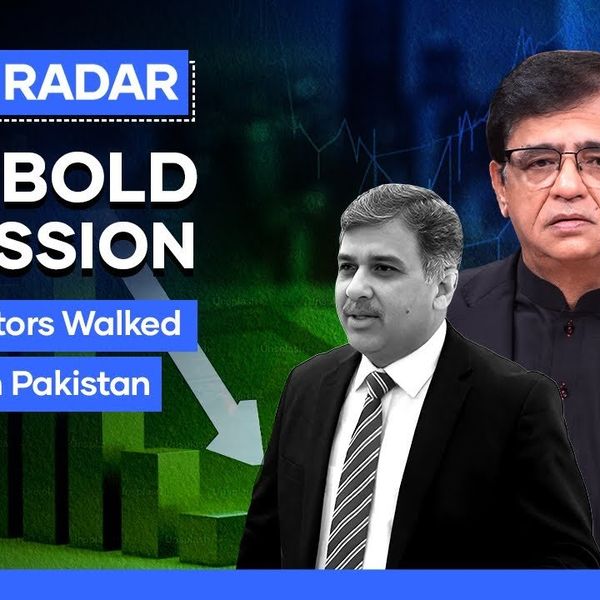

Comments
See what people are discussing